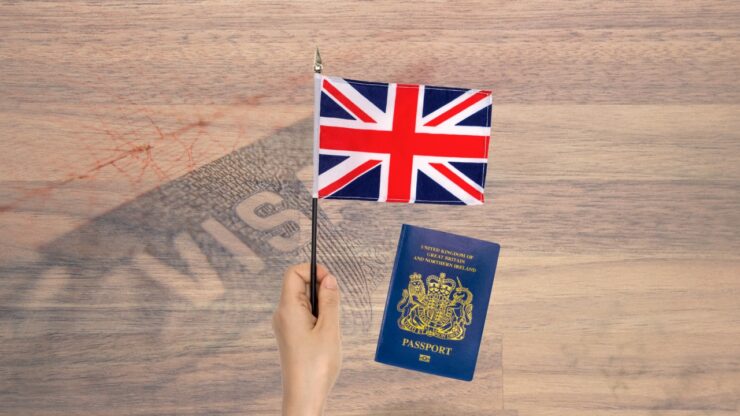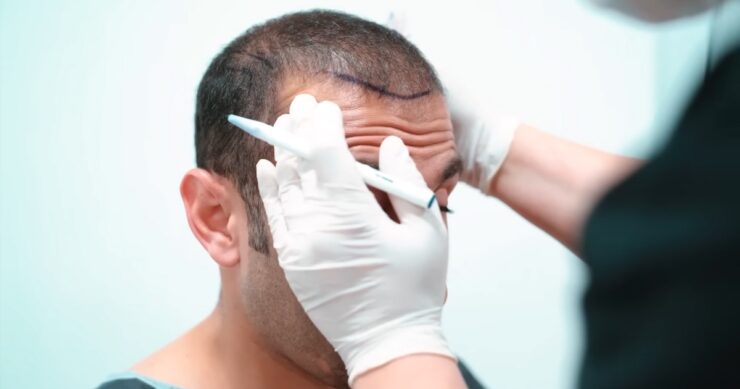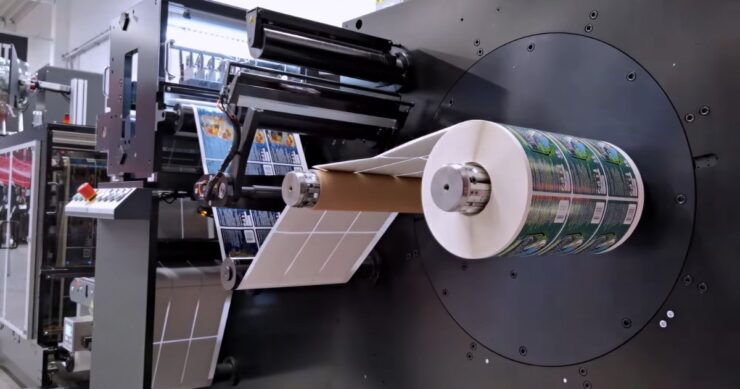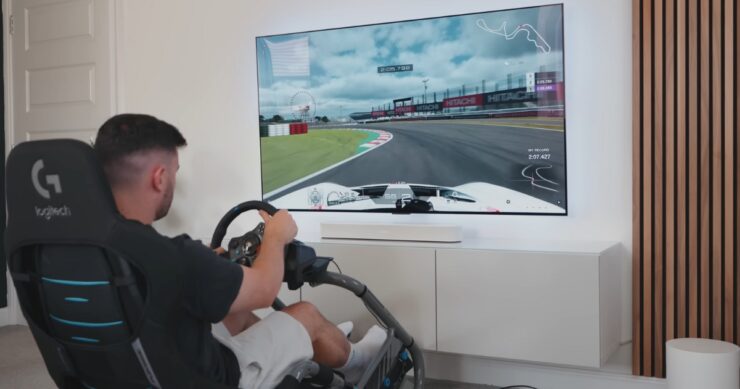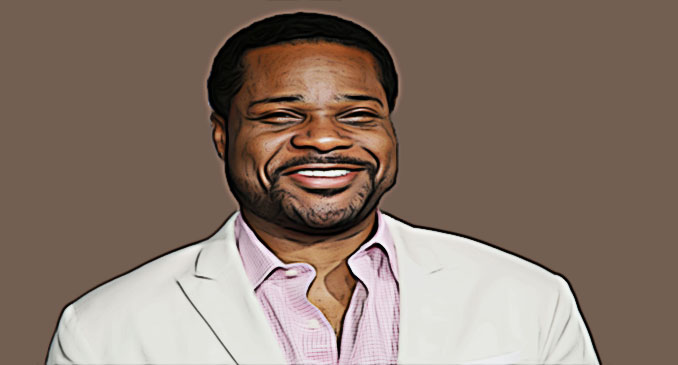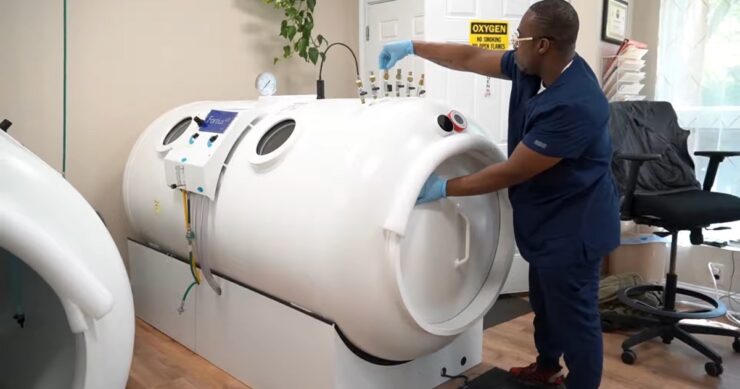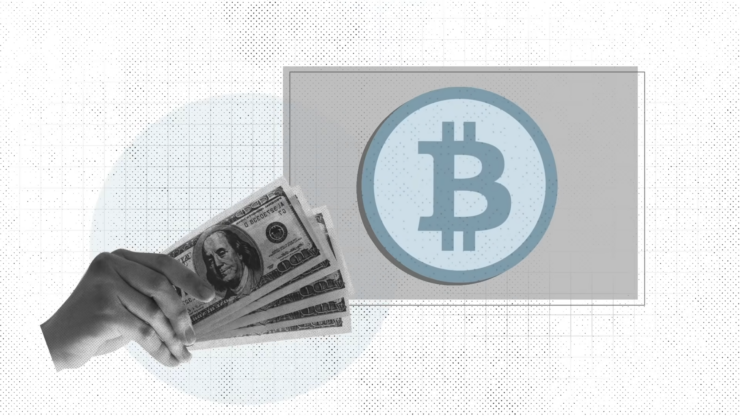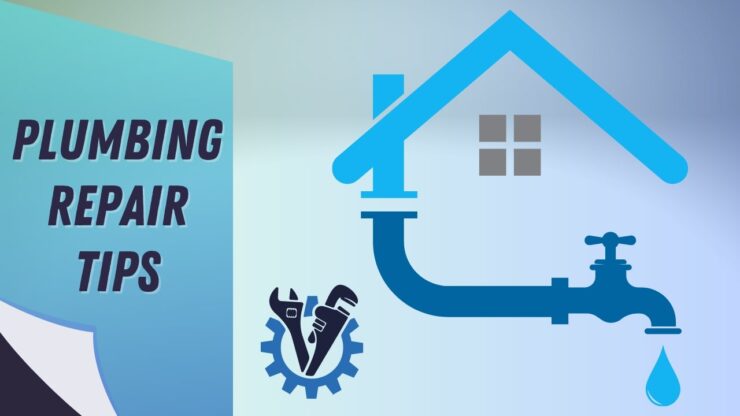
Plumbing disasters may wreak havoc on a property, causing substantial damage, expensive repairs, and major hassles. Plumbing problems can vary from little annoyances like leaky faucets to serious catastrophes like burst pipes or sewage line backups.
As a homeowner, having a basic grasp of plumbing and the skills required to address typical plumbing issues is critical. This article will offer important plumbing preventive and repair techniques that will assist you in dealing with various situations quickly and effectively, saving you money, time, and discomfort.
Understand Your Plumbing System
To properly avoid mishaps, you must first comprehend your plumbing system. Take the time to learn about important components, including the primary water shut-off valve, separate shut-off valves for fixtures, plus sewer cleanout.
Understanding where they are allows you to respond quickly in an emergency, like a burst pipe or big leak, and take prompt measures to reduce damage. This understanding enables you to prevent plumbing mishaps in your house.
Schedule Routine Maintenance
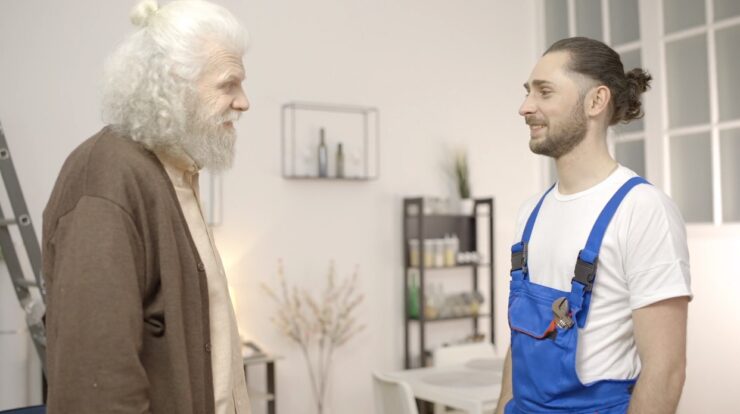
Regular plumbing maintenance is critical for recognising and resolving possible problems before they become disasters. Engage professional plumber to perform routine maintenance and inspection checks.
They can detect hidden leaks, examine water pressure, inspect pipelines, and guarantee that all fixtures and appliances are working properly. Servicing the water heater and cleaning the drain, and assessing for leaks in toilets, faucets, and pipes should all be part of routine maintenance.
Exposed Pipes Should Be Insulated
To prevent freezing and dangerous breaks, insulating exposed pipes becomes critical in colder areas. Insulation sleeves or tape protect pipes in unheated locations, crawl spaces, or outside walls. Insulating these pipes lowers the chance of frozen pipes, which can cause leaks, ruptures, and water damage.
Prioritizing suitable insulation measures is an important preventive strategy to keep your plumbing system’s functionality and integrity under the effects of cold weather.
Keep Water Use In Mind
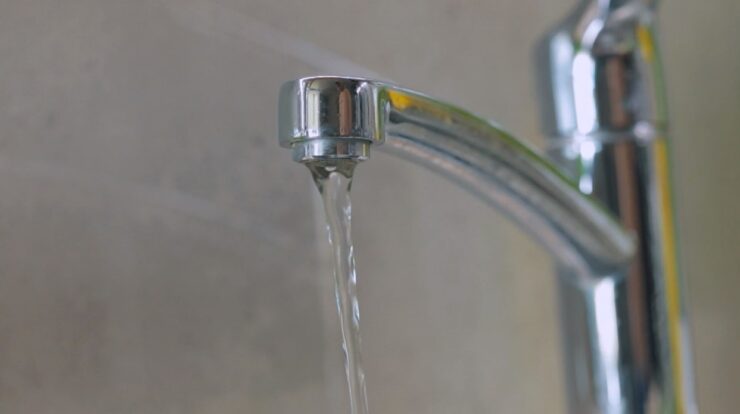
Water conservation not only aids the environment but also aids in the prevention of plumbing disasters. Be cautious of your water consumption habits to prevent undue strain on your plumbing system.
To decrease water consumption, consider adding low-flow devices, such as showerheads, faucets, and toilets. Certain substances can clog pipes and cause backups if flushed down toilets or disposed of through drains.
Chemical Drain Cleaners Should Be Avoided
Chemical drain cleaners must be avoided since they can harm the fixtures and pipes in the long run. Rather, it is best to choose natural alternatives or obtain the advice of a professional.
Natural treatments, like baking soda, vinegar, or a combination of hot water and dish soap, may unblock drains effectively and safely. Keep your gutters free of debris and your plumbing system in good working order by using safer options or consulting an expert.
Educate Family Members

To prevent plumbing disasters, teaching all household members about appropriate plumbing practices is critical. Teach children to avoid flushing non-flushable items and to use drains appropriately.
Repairing A Dripping Faucet
A dripping faucet wastes water and increases utility expenses. To begin, cut off the water supply to the afflicted tap. After that, take apart the tap handle and fix the defective washer or O-ring. Reassemble the tap and reconnect the water supply. Check for any additional leaks and fix any loose connections.
Clogged Drains

Clogged drains are a typical plumbing problem. To clear minor obstructions, try using a plunger. Place the plunger over the drain and then plunge it up and down rapidly to generate suction and release the obstruction. To physically remove a tough clog, use a drill or drain snake. Chemical drain cleaners should be avoided because they might cause pipe damage.
Fixing Running Toilets
A running toilet is not only inconvenient, but it also wastes a lot of water. To repair it, eliminate the toilet tank lid and inspect the flapper valve. After this, replace it when it is worn out or damaged. Inspect the fill valve and set the float to ensure the water does not run whenever the tank is full.
Burst Pipe Repair
A burst pipe may damage your home considerably. If you locate a burst pipe, promptly turn off the primary water supply to avoid further flooding. Turn on all of the faucets to drain the water from the pipes. Eliminate the damaged part of the pipe with a pipe cutter or hacksaw. Mount a new pipe segment and fasten it tightly using suitable fittings. Lastly, turn on the water and inspect for leaks.
Managing With Low Water Pressure
Low water pressure might be inconvenient when performing routine duties. Begin by determining whether the problem is limited to a single tap or affects the whole house. If the problem is limited to one tap, clean or replace the aerator.
When you have low water pressure throughout your home, check the main water shut-off valve and the pressure regulator, or seek a professional plumber to analyse the situation and give a remedy.
Preventing Frozen Pipes
Frozen pipes can break and cause considerable water damage amid cold weather. To avoid this, wrap exposed pipes in foam sleeves or heat tape. Before winter arrival, disconnect and drain outside hoses. Keep cabinet doors wide to permit warm air to circulate pipes in chilly places, like under sinks. If you come across frozen pipes, gently thaw them with a hairdryer or towels saturated in hot water.
Conclusion
As a homeowner, having a fundamental understanding of plumbing repair can enable you to address common plumbing difficulties efficiently. You may handle issues like leaky faucets, blocked drains, poor water pressure, burst pipes, running toilets, and frozen pipes by adhering to the essential guidelines outlined above.
Yet, remember that intricate plumbing issues may necessitate the intervention of an expert. To prevent compounding the sewer problems, see a licensed plumber if you are doubtful or uncomfortable with any repair. You can maintain your plumbing properly with the correct information and fast action, guaranteeing a comfortable and efficient house.
Related Posts:
- Common Sewer Problems: When to Call a Repairer
- Short Throw vs Long Throw Projectors: What's the Difference?
- 32 Foods That Burn Belly Fat Fast (2024 Updated)
- Best Appliance Repair Services in Mississauga:…
- Mastering the Art of E-commerce: Proven Strategies…
- Moving On A Budget: 10 Ways To Save Time And Money

